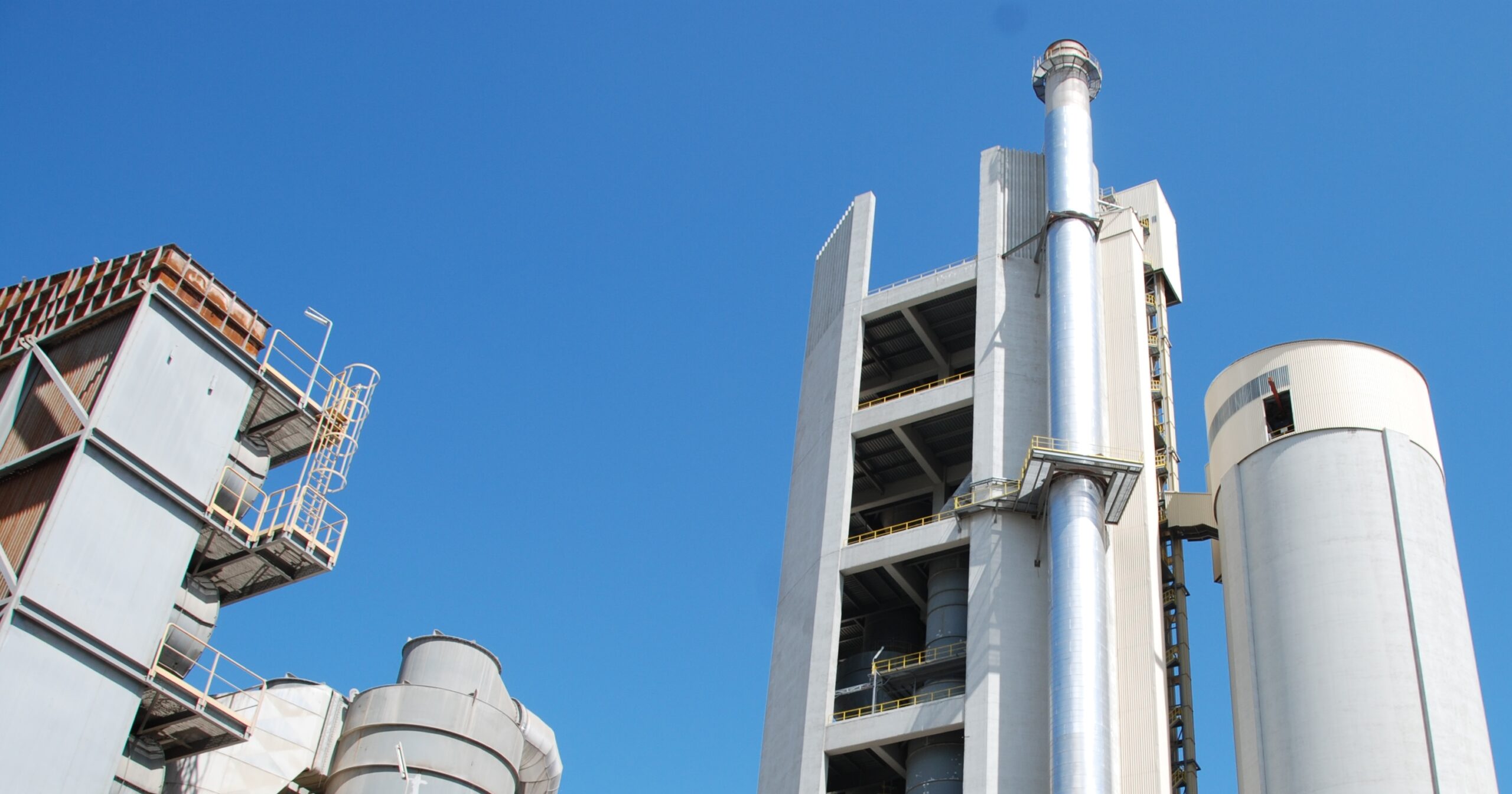The cost of electrical energy -which, despite government actions, continues to skyrocket- and the exponential rise in the price of petroleum coke (the main fuel for kilns) has generated new concern in the Catalan cement industry. Variable manufacturing costs have grown by 40% in the last year, which is dangerously weighing down business margins and putting the sector in a difficult situation.
The situation is also aggravated by the lack of investment and execution of infrastructures in Catalonia. On the one hand, the amount of work tendered (3,000 million in 2021) is still well below the average for the first decade of this century. To match the level of the Eurozone – allocate 2.2% of GDP to public works – it should reach 5,500 million euros per year. On the other hand, the work executed is still much lower (35.8% in the case of the State). In this sense, the president of Ciment Català Salvador Fernández Capo urges that pending investments be accelerated and executed because they are “urgent and necessary for the proper functioning of society and the economy”.
In fact, the slowdown trend in cement consumption observed in recent months has been confirmed by the data for the month of June, with stagnation in Catalonia compared to 1 year ago (only a 0.9% increase). In parallel, the high costs of energy continue to reduce competitiveness in factories and slow down sales in foreign markets. In June they have decreased by 9.2%, in the first semester the fall is 12.8% and in the whole of the last 12 months the decrease in exports amounts to 18.9%.
Fernández Capo also warns of the foreseeable drop in demand after the summer because that inflation will have on the cost of construction, “which will cause many works to be paralyzed”, and due to global economic uncertainty, “which will cause many works do not start”.

